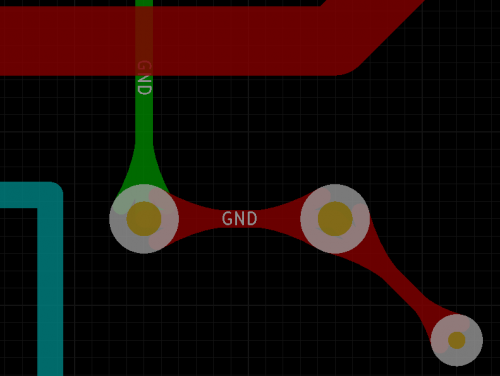by Andrey Filippov
Working with the DDR3 Memory interface I was not able to avoid the temptation to investigate more the very useful feature of the modern FPGA devices – individually programmed input/output delay elements on all (or at least many) of its pins. This is needed to both prepare to increase the memory clock frequency and to be able to individually adjust the timing on other pads, such as the sensor ports, especially when switching from the parallel to high speed serial interface of the modern image sensors.
Xilinx Zynq device we are using has both input and output delays on all low-voltage pins used for the memory interface in the camera, but only input ones on the higher voltage range I/O banks. Luckily enough image sensors connected to these banks need just that – data rate to the sensors is much lower than the rate of the data they generate and send to the FPGA.
(more…)
by Yuri Nenakhov
Updates: see https://blog.elphel.com/2017/11/developing-with-eclipse-cdt-and-yocto-linux-kernel-and-applications/
Eclipse with C Development Tool (CDT) is a very powerful and feature-rich IDE for developing embedded Linux applications, such as Elphel393 camera. CDT includes CODAN — static code analysis tool which helps user to track possible problems in his code without compiling it, and Code Indexer, giving an auto-complete and code navigating (F3) features. They work independently from compiler, thus parsing the code in the same manner as compiler does is essential for producing meaningful results. As project grows, the interconnections between its parts tend to become more and more complicated, and maintaining the congruency of code processing for compiler and CODAN/Code Indexer becomes a non-trivial task. In the Internet, the most frequent recommendation for users who wish to develop Linux kernel with Eclipse is to disable CODAN feature since messy false error markers make it practically unusable. The situation becomes even worse for developers using external build tools (such as OpenEmbedded’s BitBake) as CODAN relies on output of a CDT-integrated build system to find correct way of code parsing. Anyway, embedded Linux applications usually involve kernel development, so we’ll try to find a practical approach to get the power of CODAN and Code Indexer into our hands.
(more…)
by Mikhail Karpenko
Introduction

Teardrops in KiCAD
We, at Elphel, are currently using proprietary software for schematic and PCB development and thus are not able to provide our customers with the “real” source files of our designs – pdf and gerber files only. Being free software and open hardware oriented company we would like to replace this software with open source analogues but were not able to accomplish this due to various limitations and inconveniences in design work-flow. We follow the progress in such projects as gEDA and KiCAD and made another attempt to use one them in our work. KiCAD seems to be the most promising design suite considering recent CERN contribution and active community support. I tried to design a simple element, a flexible printed circuit cable, using KiCAD and found out that the PCB design program lacks such useful feature as teardrops.
(more…)
